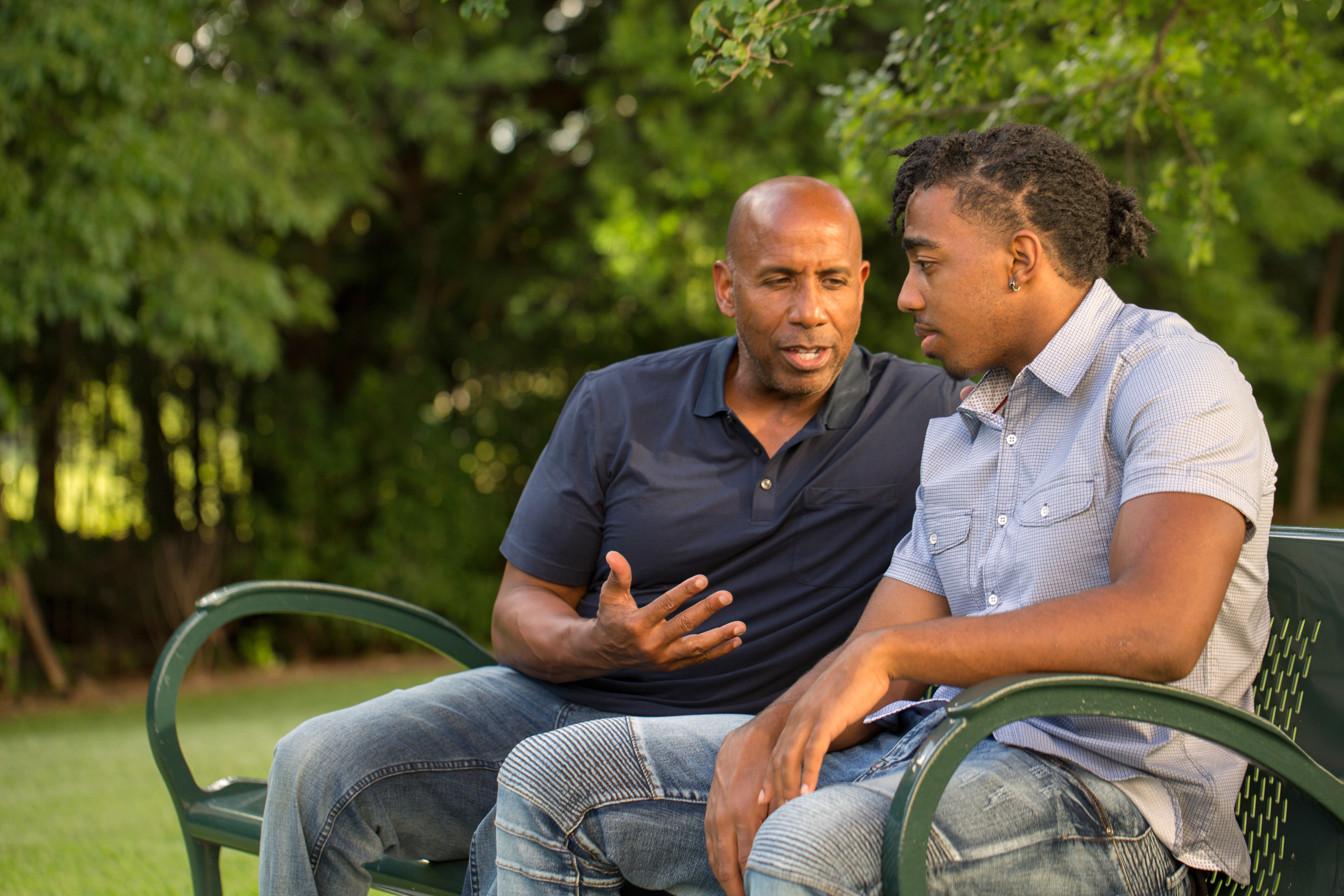During a custody evaluation, one of the major topics the evaluator will explore is your role as a parent. Rest assured that nobody I know, including myself, has won that elusive and non-existent Parent of the Year award. The truth is, parenting is an imperfect pursuit – there is often no clear right or wrong. Parenting skills are developed based on what we experienced as children. The cultures in our home and community influenced the practices we choose to emulate and/or avoid as a parent. Our skills are also developed by how we interact with our children’s other parent.
Perception vs. reality
People frequently talk about themselves as the ideal parent, and they expect the evaluator to believe every story they share and description they provide. But parents should remember that the evaluator will meet with the children and speak with other people, including the other parent.
The evaluator usually isn’t surprised to learn that the reality of how people parent is far different than their description. So the more accurate you can be with your description of yourself as a parent – before, during, and after the separation, the easier it will be for the evaluator to put more weight behind what it is that you are telling them.
Be honest about your parenting
When you meet with your custody evaluator, it’s important to convey what your common parenting practices are like, what you are like, and how they have changed as a result of your marriage falling apart and a contested divorce.
While nobody is entirely honest about everything, this is the one area where people frequently try to cover-up their shortcomings. If they are screaming at the children or have used corporal punishment, often they’ll vehemently deny both. But when the evaluator meets with their children, the kids will readily acknowledge what has been going on. That never helps the parent.
Divorce affects your parenting
When people get divorced and fight over custody, there is a tremendous amount of anxiety and pressure at home. That frequently brings out the worst in people, which often causes your parenting to suffer. When this occurs, honesty is always the best policy.
There’s no need to complicate things. Let’s take a worst-case scenario where a parent is so stressed that they find themselves snapping at the children and screaming more than they would like. Yet before the mental strain of divorce, the parents would speak about the children’s issues, agree on a solution and then consistently follow through. This parent can simply say something like the following: “I feel horrible about how I’ve treated the children lately and I’m working hard to apologize more. I’m now seeing a therapist so I can learn how to get better control of my emotions and handle what I’m experiencing right now.”
By explaining to the evaluator that you recognize the problem and are seeking help, you’ve helped yourself tremendously. The evaluator would eventually discover this information, and it’s best for them to discover it from you. Plus, you’ve now put your behaviors in the context of you as a human being who is going through difficult of time in your life.
In conclusion
Parenting is a key component of the evaluation process. Those who believe they can omit or cover-up poor parenting, whether it’s daily or infrequently, will most likely be discovered. While a parent’s skills and ability to appropriately manage their children and address difficult situations may have been better than most, a stressful, life-changing situation can result in regression. Being honest from the beginning – recognizing your mistakes and explaining how you are addressing these difficulties, will resonate with the evaluator. Recognizing and appropriately addressing problem areas shows the evaluator that you are open to working through difficult times in order to become a better parent. This is a perception you would like to be reflected in an evaluator’s report.





